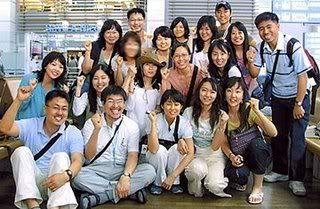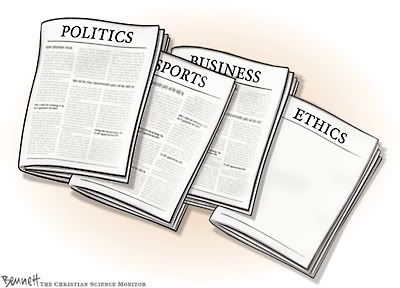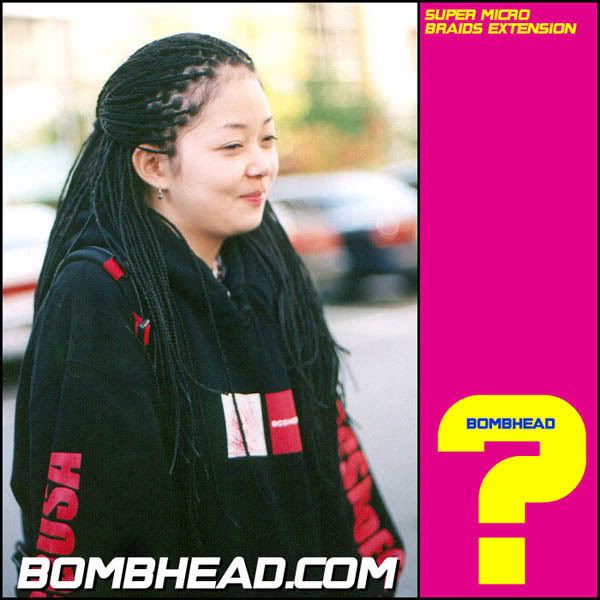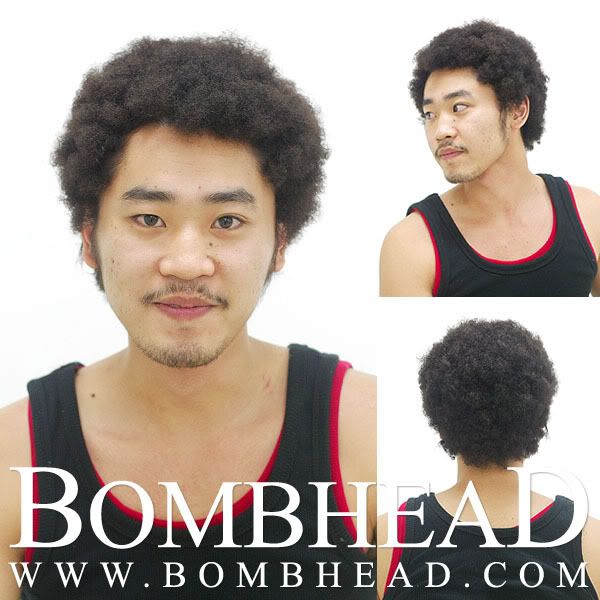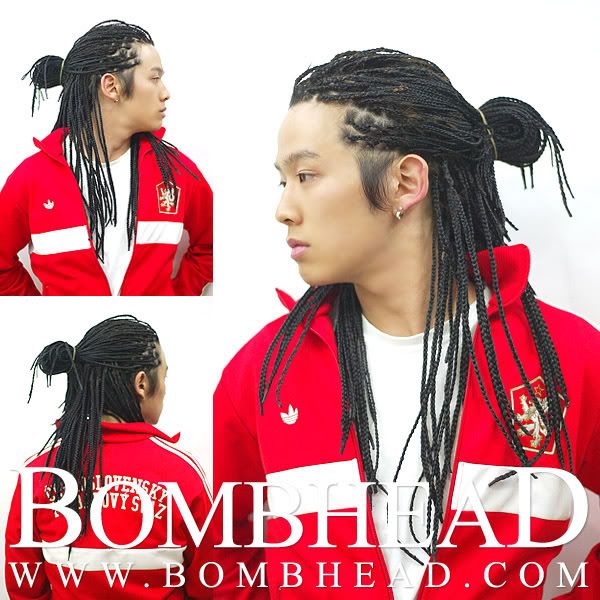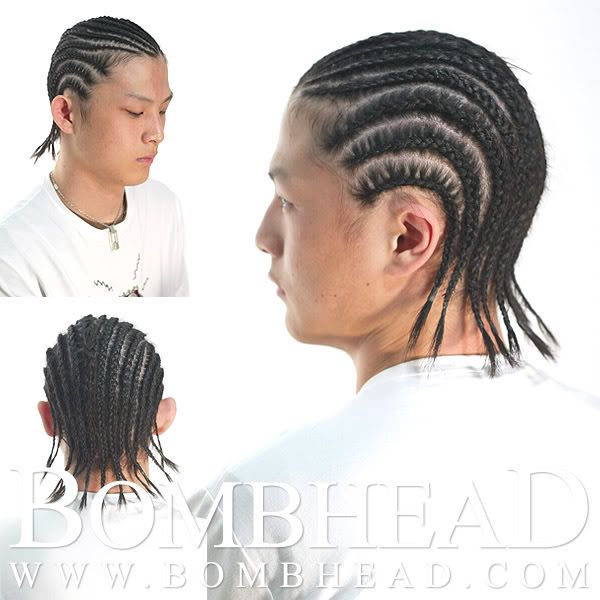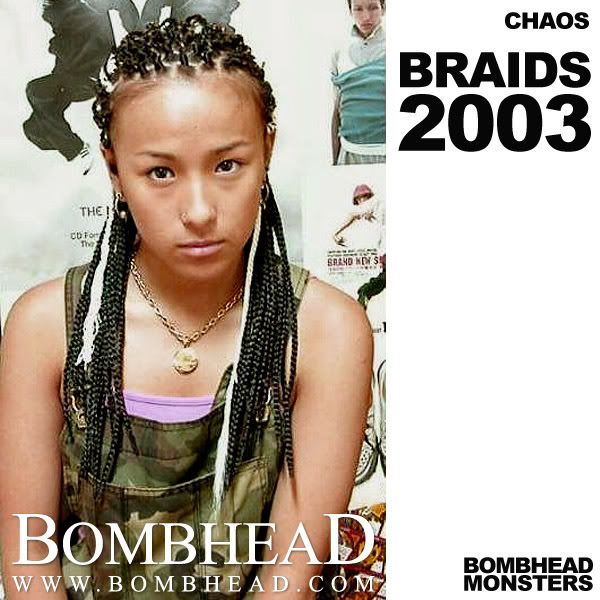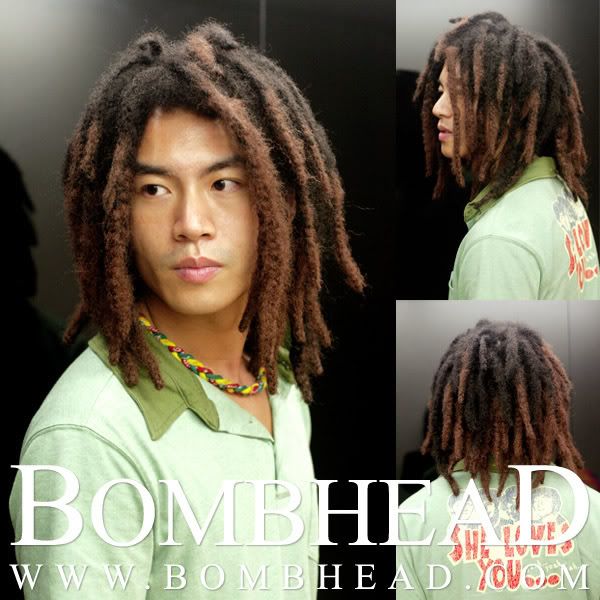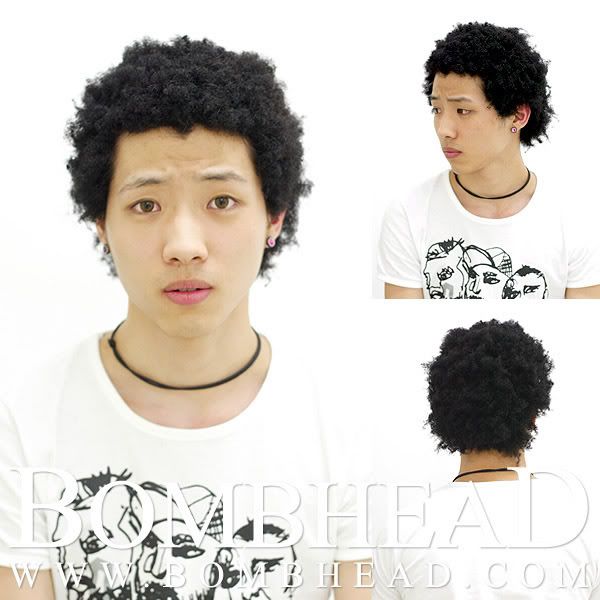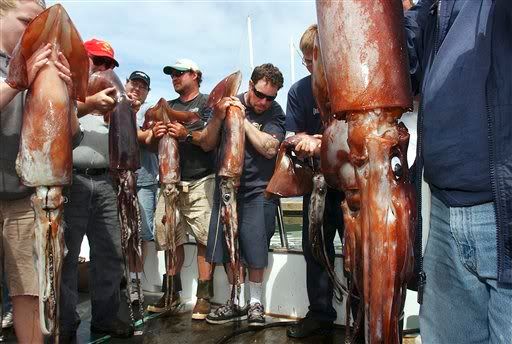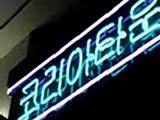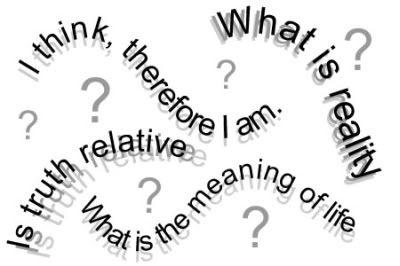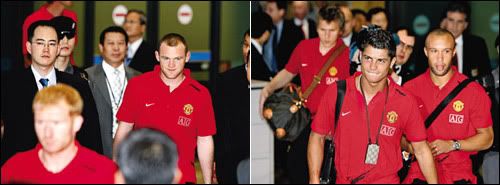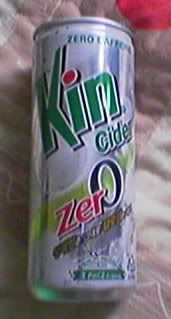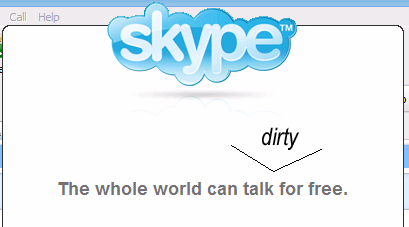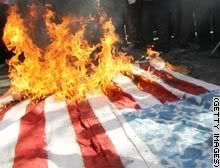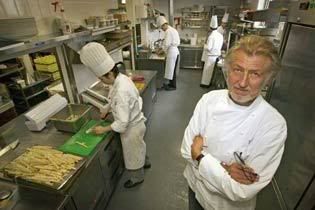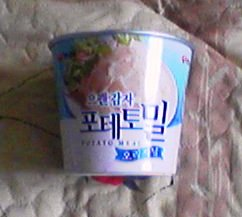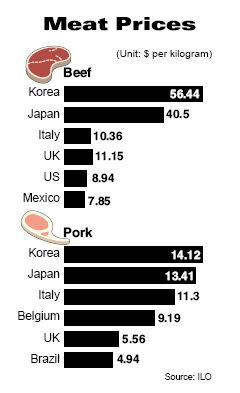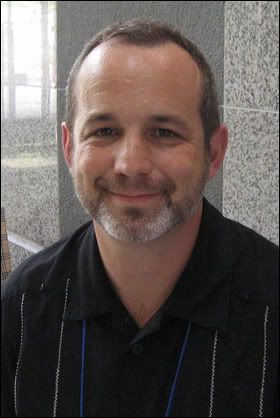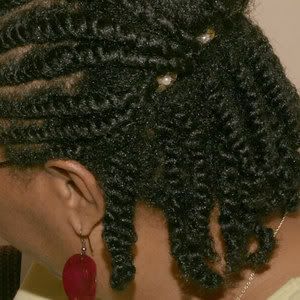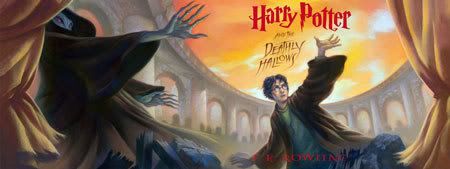 What I really like, and have never shared is Powell's Books Review-A-Day feature.
What I really like, and have never shared is Powell's Books Review-A-Day feature.
Basically, they post one book review daily from various newspapers and magazines on their website. I have them emailed to me.
This way you get the scoop, so to speak, on new and notable books coming out.
This review is about my Dear Harry.
Unlike Kakutani and the New York Times, the Washington Post, where this review is from, seems to have taken Rowlings request so to heart that they've posted their review almost a week after the book's release. Even though I've finished, it's still interesting to read.
Enjoy!
Oh, and yes, there are spoilers...
Harry's Final Fantasy: Last Time's the Charm
A Review by Elizabeth Hand[Ed. Note: This review contains spoilers! Well, maybe not the biggest spoilers you could think of, but if you really don't want to know anything about Harry Potter and the Deathly Hallows, then you probably want to stay away from anyone talking about it: friends, strangers, your children....Even here at Powells.com we had to ask a number of people till we found someone brave enough to prepare this review for our site!]
All great writers are wizards. Considering the mass Harrysteria of the last few days, who would have been surprised if they had logged on to YouTube at 12.01 a.m. Saturday and seen J.K. Rowling pronounce a curse -- "Mutatio libri!" -- that would magically change the final pages of her book and foil the overeager reviewers and Web spoilsports who revealed its surprise ending?
Yet Rowling's spell remains unshattered, despite the broken embargo: It's hard to imagine a better ending than the one she's written for her saga after 10 years, more than 4,000 pages and close to 400 million copies in print. Harry Potter and the Deathly Hallows may be a miracle of marketing, but it's also a miraculous book that earns out, emotionally and artistically.
Was it worth the wait? You bet.
I was a somewhat reluctant Potter convert. Rowling's debt to the great 20th-century English fantasists -- J.R.R. Tolkien, C.S. Lewis, E. Nesbit, Alan Garner -- made her work seem less homage than unabashedly derivative. Still, I read the first five books aloud to my two children, and also listened to Stephen Fry's delectable audiobooks (more than once). I found Rowling's prose style clunky (though Fry made her words sing like Shakespeare) and her storytelling workmanlike in the early books.
But Rowling's darker, more resolute vision in Prisoner of Azkaban won me over. By Book 6, my kids were teenagers, and I no longer had reading aloud as an excuse. I was hooked. So Friday night I lined up at midnight at my local bookstore, along with a hundred other readers, and scored my copy of Deathly Hallows. Sleepless, over-caffeinated and teary-eyed, I finally finished it on Saturday morning.
Tolkien continues to cast a long shadow over Harry Potter's world, along with C.S. Lewis, but the writer most evoked by Deathly Hallows is Charles Dickens. Rowling's enchantments have always lived easily in a secular world, rooted in mundane details of Muggle life and wry, careful accounts of wizards who work side-by-side, if unobserved, by their non-magical neighbors. Like Dickens, she has a gift for marvelous names -- Severus Snape is as brilliant a moniker as Magwitch or Ebenezer Scrooge -- as well as that of making the everyday seem at once familiar and extraordinary. Her magical world is grounded in small, meticulous observations -- that liminal train platform at King's Cross; the disgusting flavors of Bertie Bott's Every Flavor Beans; the wearying bureaucracy of the Ministry of Magic -- that can make her invented world seem as real as ours.
In Deathly Hallows, the thin protective veil between the Muggle and Wizarding worlds is torn away. Voldemort no longer lurks in the shadows: His forces have infiltrated the Ministry of Magic and Hogwarts School of Witchcraft and Wizardry itself, intent upon practicing their form of wizardly genocide. Half-blood wizards and Muggles are designated Undesirables, and Harry Potter is "Undesirable Number One." Muggle families like the Dursleys and the Grangers resort to a kind of Wizard Protection Program to escape being tormented by Dementors, and a mass escape from Azkaban Prison is hushed up by a corrupt Ministry of Magic, which has embraced the Orwellian slogan "Magic is Might."
Against this grim backdrop, Harry and his closest friends, Hermione and Ron, become fugitives. All three refuse to return to a Hogwarts where the murderous Severus Snape is now Headmaster, after having killed the beloved Albus Dumbledore at the end of Book 6. The aftermath of Dumbledore's death is not easily resolved. In his will, he left three enigmatic objects to Harry, Ron and Hermione, artifacts that they hope will aid them in locating the hidden Horcruxes, which contain Voldemort's divided soul, and so defeat him.
But their quest for the Horcruxes leads them into the stranger and darker territory of Dumbledore's past, and a dizzying labyrinth of betrayals and counterplots that both reverses and deepens a reader's understanding of everything that has happened in the previous volumes.
Deathly Hallows is exhilarating but also exhausting: Rowling's prose suddenly shifts into high gear, and the spectacularly complex interplay of narrative and character often reads as though an entire trilogy's worth of summing-up has been crammed into one volume. The novel's breakneck speed is reminiscent of John Buchan's fervid The 39 Steps. Harry Potter and the Deathly Hallows is a far bleaker, unapologetically adult novel than its predecessors, which now have the feel of a long, picturesque prologue, rather as The Hobbit is a prelude to The Lord of the Rings, with subplots involving goblins and warring factions who behave like orcs quarreling over the injured Frodo. But the echoes of Tolkien and Lewis are sometimes too obvious. The locket that is one of Voldemort's Horcruxes exerts a malignant power over its owners, inevitably evoking the One Ring, and the story owes too much to The Lion, the Witch and the Wardrobe.
Yet Rowling trumps even Tolkien in the sheer humanity of her characters. She nimbly and unsparingly dissects the master-slave relationship of the wizards to their elf and goblin helpmeets, and the arrogance of the sorcerers -- even ostensibly good ones -- toward their ordinary, human counterparts. And the maturation of Harry and his friends is as moving as it is realistic: Their romantic and emotional bonds are frayed and sometimes appear to be severed, but Harry and Ron and Hermione stumble on, dogged and damp and quarrelsome as real adolescents.
"The rain was pounding the tent, tears were pouring down Hermione's face, and the excitement of a few minutes before had vanished as if it had never been, a short-lived firework that had flared and died, leaving everything dark, wet and cold. The sword of Gryffindor was hidden they knew not where, and they were three teenagers in a tent whose only achievement was not, yet, to be dead."
Beloved figures die in this book. But it's part of Rowling's greatness that she permits her surviving characters to grieve, and they -- and the reader -- are the better for it. Rowling understands that grief is part of what makes us wholly human, along with the ability to love and forgive and show remorse.
And while magic is ultimately seen to have limits -- Death has its dominion, even at Hogwarts -- love does not. Rowling's major theme throughout the Harry Potter books is not the power of magic to maintain the wizards' social order, but that of love to create and sustain a community, to establish a sometimes fragile but remarkably resilient network of families, good, bad and indifferent. Parental love triumphs over even death; the love not just of biological mothers and fathers but of godparent and grandparents. There may be no broken families of divorce in the Harry Potter books, but there are blended families made up of orphaned children, Muggle and magic alike -- another trope Rowling shares with Dickens, who also understood the anguish and longing of the awkward, unlovable child shunted aside by his better-off, better-looking peers. The much-maligned loner Snape does not come onstage until the latter part of Deathly Hallows, but when he does the book becomes his: Snape's fate, more than Voldemort's, perhaps more even than Harry's, is the most heartbreaking, surprising and satisfying of all of Rowling's achievements.
I cried at the end of Harry Potter and the Deathly Hallows. It's that rare thing, an instant classic that earns its catharsis honestly, not through hype or sentiment but through the author's vision and hard work. One gets the feeling that J.K. Rowling is as relieved and joyous as we are to reach this point at last; that she's grown and suffered and struggled through the last 10 years, just like Harry. Just like us.
Read More...
Summary only...
Sphere: Related Content
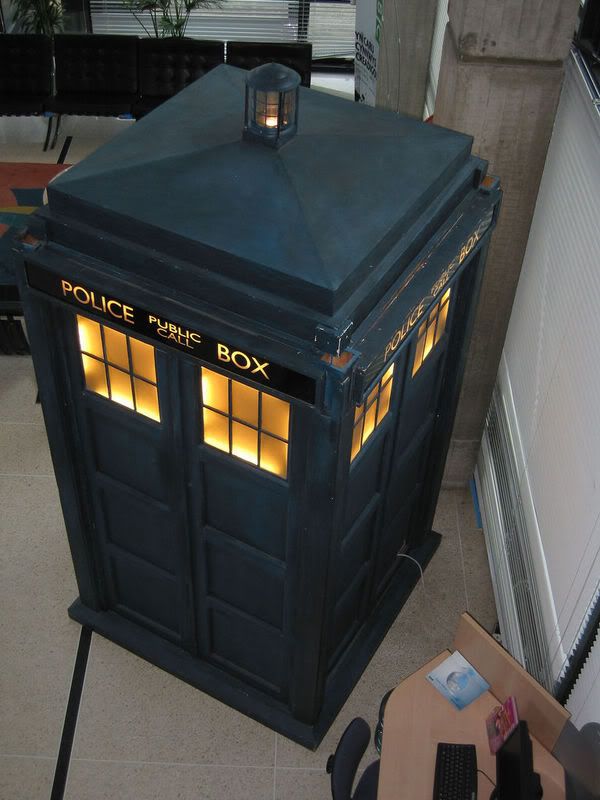 (Image from Wikipedia)
(Image from Wikipedia)